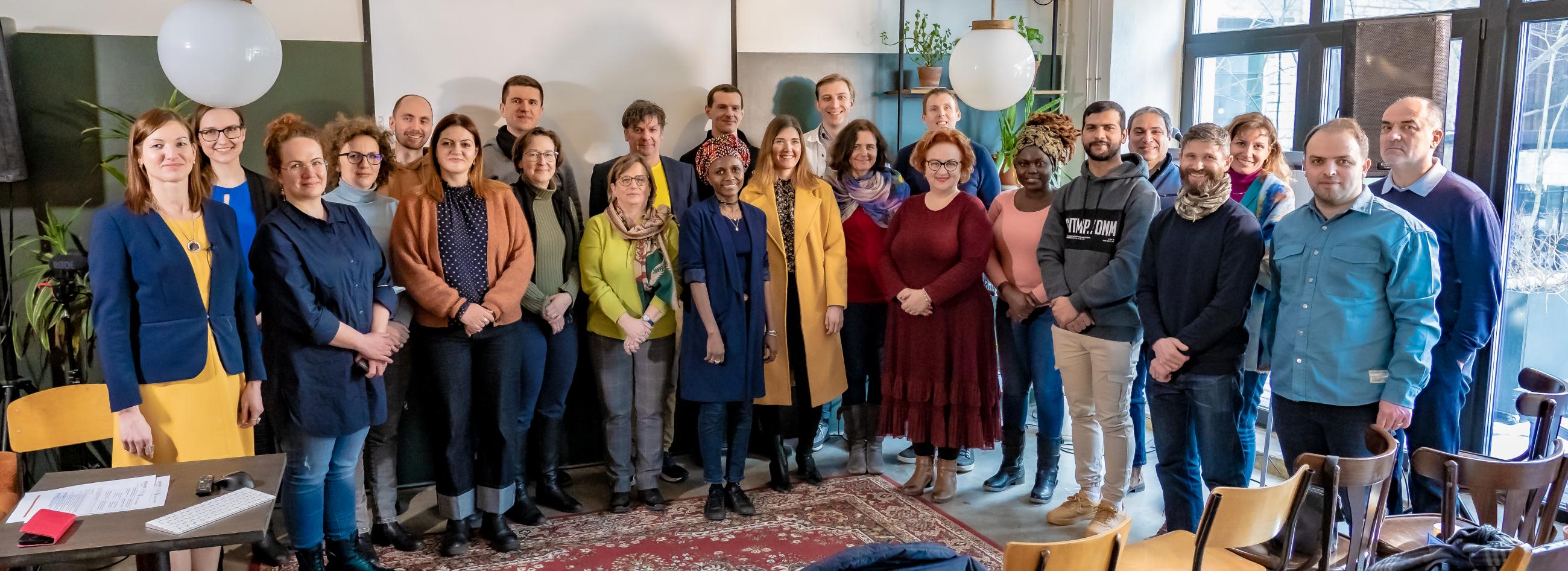Conference recap: “Multi-disciplinary innovation for social change”
The conference was organised in close relation with the students from the Social Entrepreneurship Master’s Program as part of their course provided by Tallinn University which formed the basis of the shared learnings.

Last week the COST Action “Multi-disciplinary innovation for social change” gathered in Estonia for a 2-day event that discussed the role of Higher Education Institutes (HEI) in promoting Social Entrepreneurship (SE). The conference was organised in close relation with the students from the Social Entrepreneurship Master’s Program as part of their course provided by Tallinn University which formed the basis of the shared learnings.
Participants could engage with unique insights presented by the various keynote speakers:
- Lucas de Bont – Social Enterprises in Estonia
- Jaan Aps - The role of HEIs in improving impact assessment in Social enterprises
- Dianka Diaby - Labour Market demand for Social Entrepreneurship skills (Findings of surveys from Estonia)
- Joanne Zhang - The role of HEIs in improving Social Enterprises
- Nargiz Askarova - Life after Social Enterprise education
- Joseph Dunnigan - 0 to 100, the experiences of a social entrepreneur and Social Enterprise education
- Marten Lauri - Social entrepreneurship ecosystem in Estonia
The attendees participated in four different workshops about the relationship between HEI and Social Enterprises. They covered topics ranging from redesigning the curricula and redefining teaching criteria, to SE labour market demands and how social entrepreneurship teaching is different from teaching regular entrepreneurship.
SE curriculum specific findings and recommendations are:
- Focus on the student’s ability to navigate, create, and manage ecosystems
- Include practitioners in providing learning experiences as early as possible
- Involve policy and business stakeholders in teaching
In addition to this, a special ad hoc workshop was held about how the COST network can support Ukraine. The output of this workshop was a list of possible actions the universities, COST network, and the individuals at the event could take on a short-to-long-term basis. These actions are now shared through the COST network for the coordination of immediate action, and for the creation of the next year's plans.
More about the COST network and the social impact we create:
Katri-Liis Lepik, Phd, Chair of COST Action, https://socialchangelab.eu